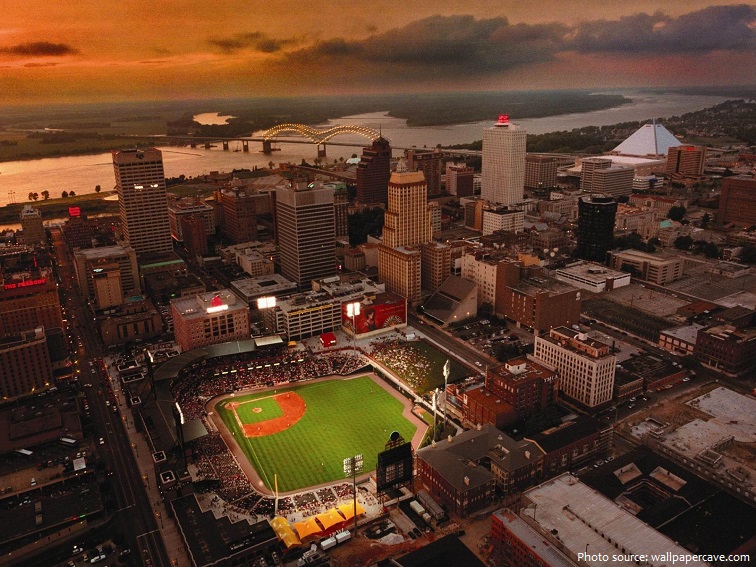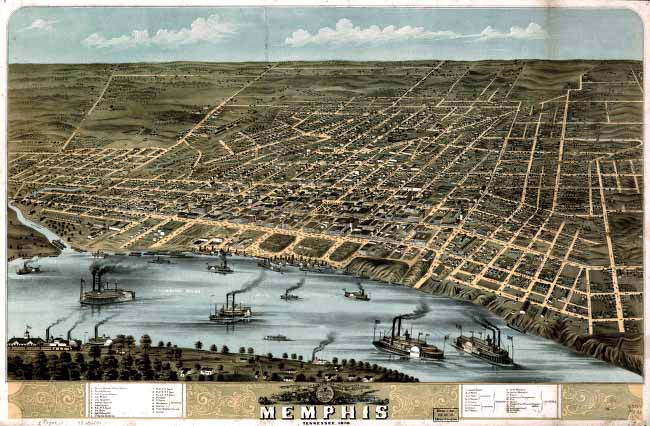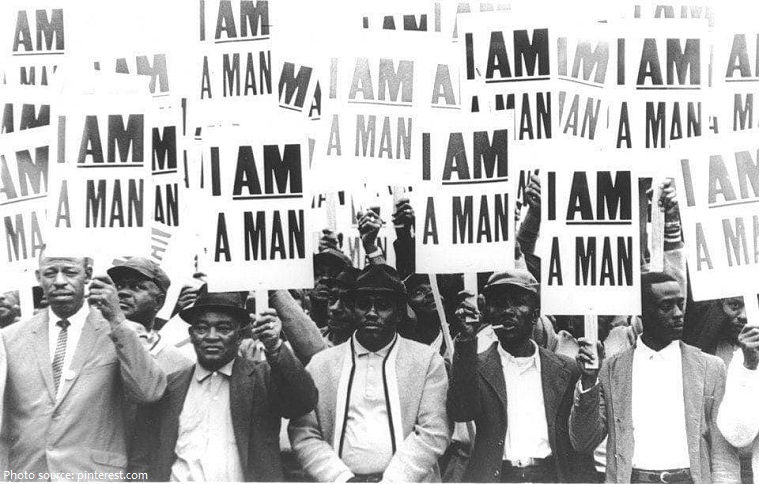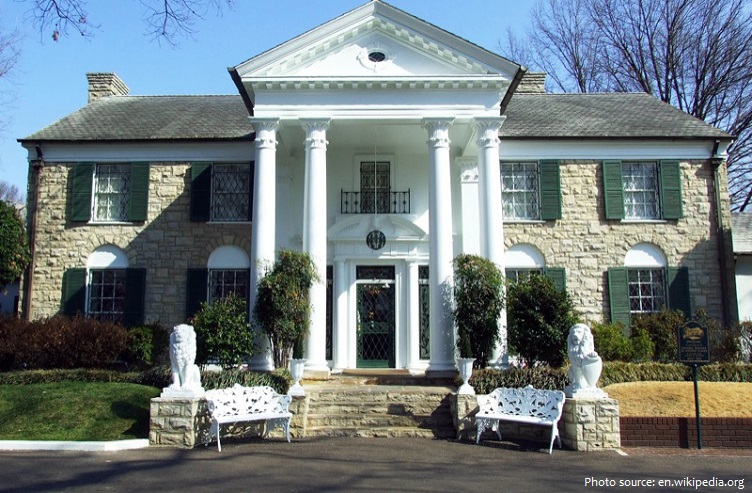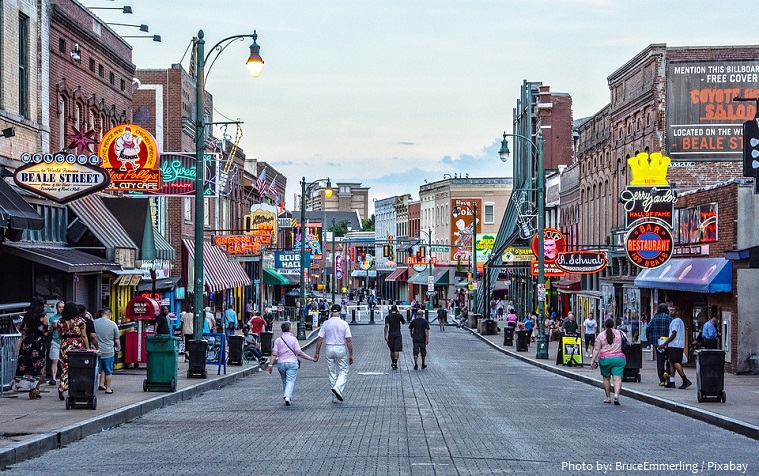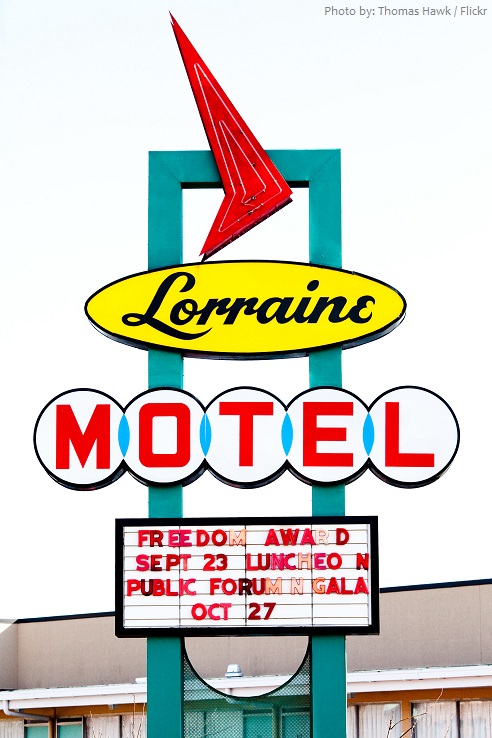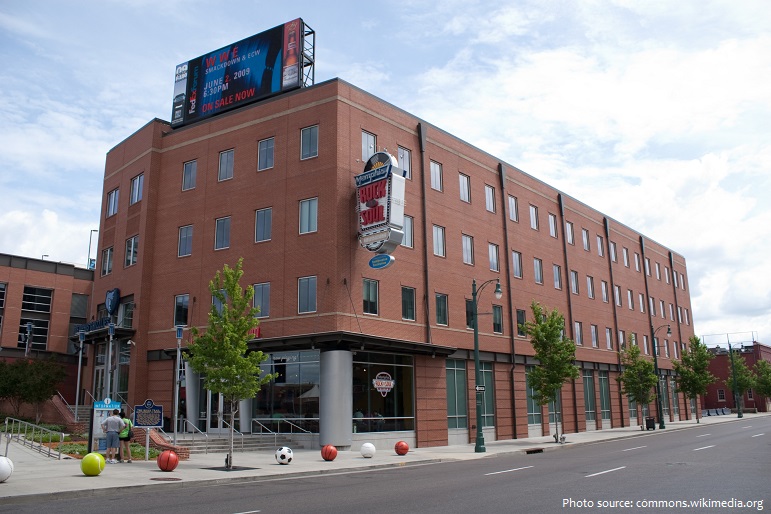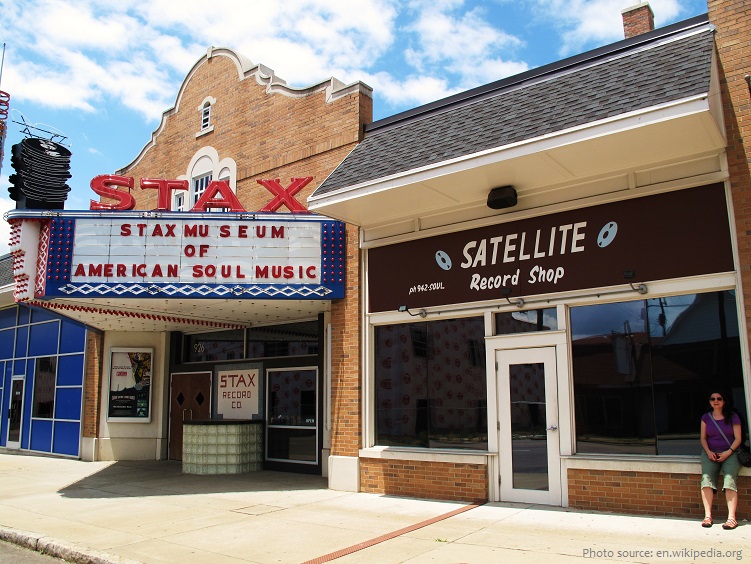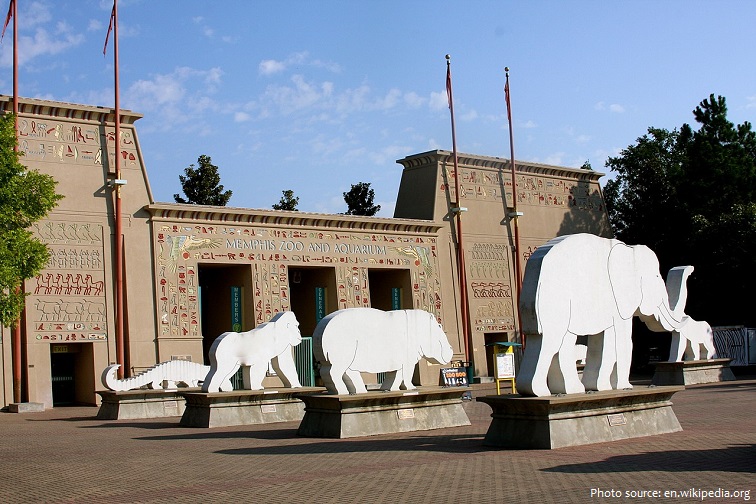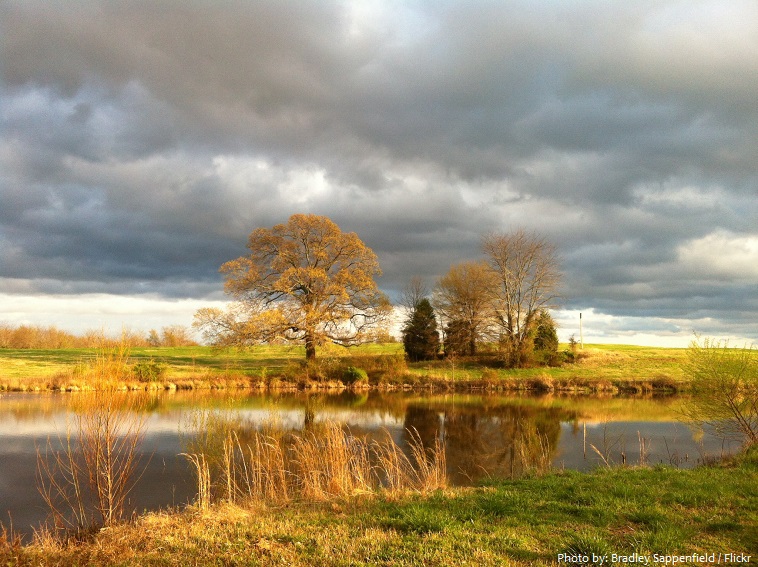Memphis is the second largest city in Tennessee.
It is located on the eastern bank of the Mississippi River in the southwest corner of Tennessee.
As of September 2019, the population of Memphis is about 650,000 people. It is the 26th most populous city in the United States and the largest city on the Mississippi River.
The city covers a total area of 839 square kilometers (324 square miles).
Memphis has an average elevation of 103 meters (337 feet) above sea level.
The first European explorer to visit the area of present-day Memphis was Spanish conquistador Hernando de Soto in 1541 with his expedition into the New World.
French (1739) and Spanish (1795) forts briefly existed on the site, and in 1797 the United States built Fort Adams there.
Memphis was founded in 1819 on land previously inhabited by Chickasaw Indians. It was founded by three prominent Americans: John Overton, James Winchester, and future president Andrew Jackson.
Memphis was named for the ancient Egyptian city; meaning “Place of Good Abode.”
It rapidly developed as a major trading center for cotton cultivated at the region’s large plantations and dependent on the work of enslaved African Americans.
In the 1870s yellow fever devastated the city, killing more than 5,000 residents.
In the early 20th century, cotton was still a major commodity crop; Memphis grew into the world’s largest spot cotton market and the world’s largest hardwood lumber market.
During the 1960s the city was at the center of civil rights actions, with a major strike by city sanitation workers in 1968.
Having come to the city to support the workers, Rev. Martin Luther King, Jr. was assassinated by a lone sniper on April 4, 1968, at the Lorraine Motel.
Many notable musicians grew up in and around the Memphis and northern Mississippi area. These included such musical greats as Muddy Waters, Otis Redding, Wilson Pickett, Sam and Dave, Al Green, Robert Johnson, B.B. King, Howlin’ Wolf, Isaac Hayes and Elvis Presley.
Today, Memphis is the regional hub for a tri-state area of Arkansas, Mississippi and Tennessee.
Graceland is a mansion on a 5.6-hectare (13.8-acre) estate in Memphis, once owned by the singer and actor Elvis Presley. His daughter, Lisa Marie Presley, has been the owner of Graceland since the passing of her father. It was opened to the public as a museum on June 7, 1982. The site was listed in the National Register of Historic Places on November 7, 1991, and declared a National Historic Landmark on March 27, 2006. Graceland is the second most-visited house in the U.S. after the White House, with over 650,000 visitors a year.
Beale Street is a street in Downtown Memphis, which runs from the Mississippi River to East Street, a distance of approximately 2.9 kilometers (1.8 miles). It is a significant location in the city’s history, as well as in the history of the blues. Today, the blues clubs and restaurants that line Beale Street are major tourist attractions in Memphis. Festivals and outdoor concerts periodically bring large crowds to the street and its surrounding areas.
The National Civil Rights Museum is a complex of museums and historic buildings in Memphis; its exhibits trace the history of the Civil Rights Movement in the United States from the 17th century to the present. The museum is built around the former Lorraine Motel which was the site of the assassination of civil rights activist Martin Luther King Jr. on April 4, 1968. Two other buildings and their adjacent property, also connected with the King assassination, have been acquired as part of the museum complex.
The Memphis Rock ‘n’ Soul Museum is a music museum located at 191 Beale Street in Memphis. The museum tells the critical story of the musical pioneers who overcame racial and socio-economic obstacles to create the music that changed the cultural complexion of the world.
The Stax Museum of American Soul Music is a museum located in Memphis at 926 East McLemore Avenue, the former location of Stax Records. It is one of only a handful of museums worldwide dedicated to the genre. The museum is operated by Soulsville USA, which also operates the adjacent Stax Music Academy.
The Memphis Zoo, located in Midtown, Memphis, is home to more than 3,500 animals representing over 500 different species. Created in April 1906, the zoo has been a major tenant of Overton Park for more than 100 years. The land currently designated to the Memphis Zoo was defined by the Overton Park master plan in 1988, it is owned by the City of Memphis.
Shelby Farms, located in Memphis, Shelby County, Tennessee, is one of the twenty largest urban parks in the United States. At a size of 1,800 hectares (4,500 acres), it covers more than five times the area of Central Park in New York City with 341 hectares (843 acres). Lakes, natural forests, and wetlands provide natural habitats for many smaller species close to an urban metropolitan area. Wildlife can be observed in their natural environment from the many trails in the park. Shelby Farms park is home to a bison herd.
The city’s largest employer is the multinational courier corporation FedEx, which maintains its global air hub at Memphis International Airport, making it the second-busiest cargo airport in the world (after Hong Kong’s).
The International Port of Memphis hosts the 5th busiest inland water port in America with access to the Mississippi River.
Memphis-style barbecue is one of the four predominant regional styles of barbecue in the United States. Memphis barbecue has achieved international prominence, and the city hosts the World Championship Barbecue Cooking Contest, which attracts over 100,000 visitors to the city annually. The World Championship Barbecue Cooking Contest has been listed in Guinness World Records as the largest pork barbecue contest in the world.
One of the largest celebrations of the city is Memphis in May. The month-long series of events promotes Memphis’s heritage and outreach of its people far beyond the city’s borders.

